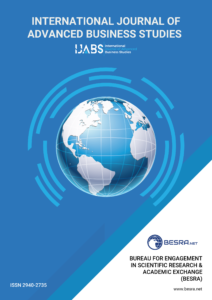Kebaabetswe Veronica Ramushwana 1*, Roshelle Ramfol 2
1 University of South Africa, Chair of Department: Financial Governance
South Africa, Pretoria, 0002
Email: Ramuskv@unisa.ac.za
2 University of South Africa, Department of Auditing,
South Africa, Pretoria, 0002
Email: ramfor@unisa.ac.za
* Corresponding author
Abstract
South Africa is at the precipice of an existential energy crisis. Notably, the country’s endowment comprises vast stores of biomass, wind and solar energy potential that provide the country with a comparative advantage. Transiting from coal to renewable energy sources can stimulate the green economy and mitigate the country’s power shortages. Moreover, by advocating for the decarbonization of the energy sector, a significant contributor to greenhouse gas emissions, this research underscores the potential for advancing South Africa’s decarbonization objectives. This paper explores the design of financial instruments and tax incentives to promote the upscale of renewable energy development in South Africa. A qualitative appraisal is conducted on South Africa’s incentive regime. The study contributes to the scholarship on policy design to stimulate renewable energy generation.
Keywords: Decarbonisation; feed-in-tariffs; net metering; renewable energy; tax incentives

